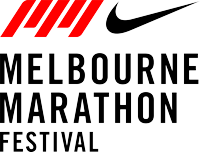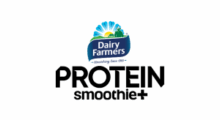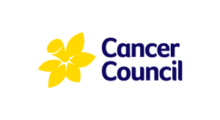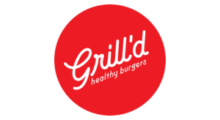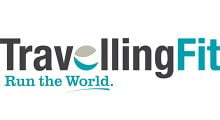My number one rule when it comes to running event days – don’t try anything new! That goes for what you do before and during.
Eating 1-2 hours before your run is best as this gives time for your body to digest and not feel heavy. Sports nutrition guidelines suggest aiming for 0.5 1g of carbohydrates per kg of body weight, 1-2 hours before. These carbohydrates top up your blood glucose to use as energy first, preserving your muscle glycogen stores. However, you may be able to eat a little less than this if this is how you have trained and will be fuelling regularly throughout.
Event day can often be a little stressful getting to the start line in time. I suggest planning your timelines beforehand, as this will determine whether it would be best for you to eat before leaving your house/ accommodation or eating on your way there.
For most people, carbohydrates are the body’s main source of fuel; so consuming regular portions of carbohydrates during your half or full marathon run is helpful to top up muscle glycogen (energy) stores as they deplete (usually after 90 minutes). It also fuels the brain to maintain concentration and decision making – particularly important around turns and running through aid stations.
For most marathon runners, aiming for 30-60g of carbohydrates per hour is enough. This depends on your speed, body composition and tolerance of carbohydrates.
For slower runners: 30-40g /hour
For faster runners: 40-60g+ /hour
Most half marathon runners may only need to eat once or twice, and some people think they can push through without anything. If you’ve trained like this you may be okay, but I highly recommend fuelling during. Fuelling earlier will help preserve muscle glycogen and maintain your energy to run your best. I get most of my runners to fuel every 45 minutes or so, and no more than every 60 minutes. You might have a sports gel, some dried fruit, sports drink, lollies or a homemade energy bite.
Aim to drink small amounts through aid stations, and if it’s hot, a little more than normal. It’s best to trial the on course sports nutrition before the day so you’re used to it. If you can’t, before you gulp down a cup of electrolytes, swirl it in your mouth first and spit out. You’ll be able to decide if it’s too sweet or too salty for you. Mouth rinsing activates reward-related regions in the brain and reduces the rate of cognitive decline, meaning you can concentrate for longer.
Editorial contribution by Science in Sport ambassador Christie Johnson.
